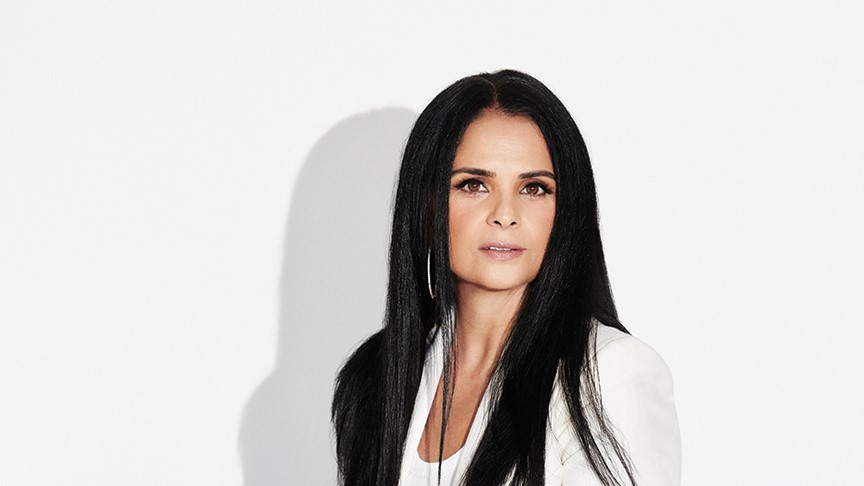Netflix’s Bela Bajaria debunks rumors of changing talent compensation model
In recent weeks, buzz has circulated suggesting that Netflix might be rethinking its approach to compensating talent in the film and TV industries. Bela Bajaria, the Chief Content Officer at Netflix, directly addressed these rumors at the Bloomberg Screentime conference, pointing out that the stories of a new compensation structure were entirely unfounded.
Sticking to a proven model
“We like our model and it works well in both film and TV,” Bajaria stated emphatically. “Each side of our business benefits: it suits talent, filmmakers, and us perfectly.” According to Bajaria, despite widespread belief to the contrary, Netflix has no intention of altering the way it compensates its creative partners.
Bajaria clarified that while there have been a few unique deals on specific films, these instances are not indicative of a broader strategic shift. These custom agreements, she explained, were instances where talent expressed interest in sharing more of the upside by taking on some risk. “This happened only twice,” she noted, underscoring that these bespoke deals are exceptions rather than the norm.
Addressing industry speculation
Some have pointed out Netflix’s historically flexible approach, noting previous changes, such as the introduction of advertising. Bajaria acknowledged that while Netflix does adapt to evolving market dynamics, this should not be conflated with a wholesale change in their compensation model. “We understand the changing landscape and are willing to innovate,” she said. “Perhaps that’s why these stories gain traction, but there’s no truth to them.”
Rumors had also sprung from a recent Netflix meeting with key talent representatives, speculated to unveil a new compensation model. Bajaria clarified that the session, informally dubbed “Netflix 101”, was merely an informational meeting designed to provide transparency about Netflix’s current strategy and aspirations. She stressed, “We’re partners with talents and aim to create amazing content.”
Commitment to movie-making
In light of Netflix’s funding shift towards live events, questions arose about their commitment to producing movies. Bajaria rebutted this notion, emphasizing that Netflix remains dedicated to creating quality films. “We are a subscription business, and our members love movies. It’s essential that we continue to provide them with high-quality cinematic experiences,” she affirmed.
Navigating viewership fluctuations
Netflix’s viewership plateaued in the first half of the year, which Bajaria attributed to the Hollywood strikes affecting their output. However, she expressed optimism for a rebound in the latter half of the year, owing to popular returning shows such as “Bridgerton” and “Emily in Paris”, as well as anticipated new releases like “Perfect Couple”, “Monsters: The Lyle and Eric Menendez Story” and “Nobody Wants This”.
One of the most anticipated releases is the long-awaited Season 2 of “Squid Game”. Bajaria shared her enthusiasm, praising the series’ creator, Director Hwang, for his exceptional storytelling and ability to explore deep themes like class and money. “Season 2 is packed with surprising new games and rich character development. It delivers everything fans expect and more,” she enthused.
A forward-looking perspective
In sum, Bajaria’s insights provide a comprehensive understanding of Netflix’s current stance and future direction concerning talent compensation and content production. By maintaining their tried-and-true pay model, they continue to support the creative endeavors of filmmakers and talent alike. Netflix remains a dynamic force, constantly evolving to meet the demands of both the industry and its subscribers.
For more updates on Netflix’s latest releases and industry news, follow us on social media or visit our site regularly.

 Italian
Italian







